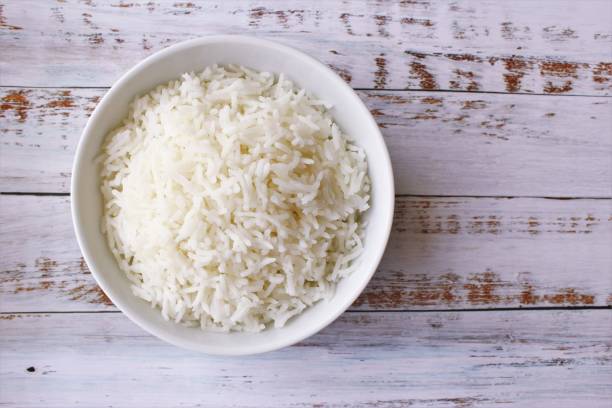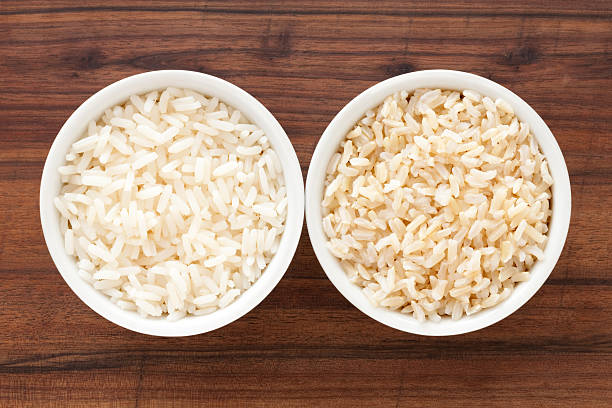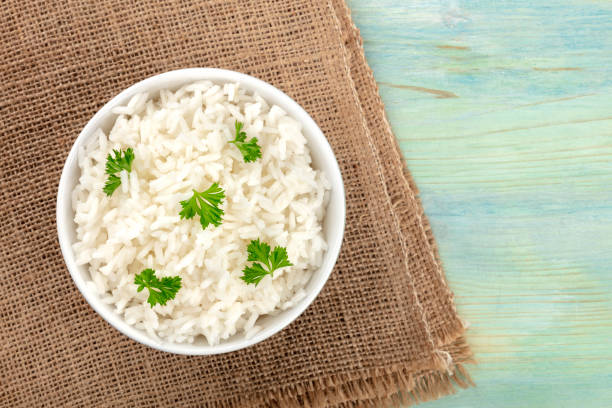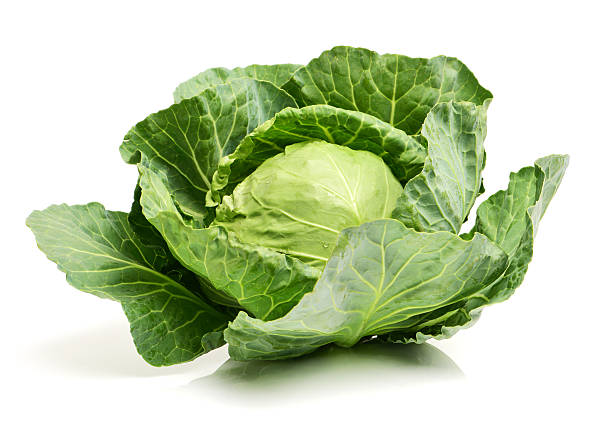
In a fast-paced world, convenience often takes precedence over time-consuming activities, even when it comes to our meals. One such culinary convenience that has gained immense popularity is instant rice.
These quick-cooking rice varieties promise a speedy solution to meal preparation. However, the question remains: Is instant rice bad for you?
In this article, we delve into the nutritional aspects and potential health implications of instant rice to help you make an informed decision.
Unraveling the Nutritional Profile of Instant Rice
To understand whether instant rice is bad for you, let’s break down its nutritional profile:
Carbohydrates: Instant rice is predominantly a source of carbohydrates, providing energy to fuel your activities. However, due to the processing method, it may have a slightly higher glycemic index, leading to quicker spikes in blood sugar levels.
Protein: While instant rice does contain protein, its protein content is generally lower compared to regular rice. Protein is essential for tissue repair and muscle maintenance, making it an important component of a balanced diet.
Vitamins and Minerals: Instant rice may contain fewer vitamins and minerals compared to unprocessed rice. The processing method can cause losses in nutrients like B vitamins and minerals such as iron, zinc, and magnesium.
Fiber: Fiber is crucial for digestive health and can help regulate blood sugar levels. Unfortunately, instant rice is often stripped of its outer bran layer during processing, resulting in lower fiber content.
Is Instant Rice Bad For You?
Instant rice is not necessarily bad for you, but it may have a slightly lower nutrient content and a higher glycemic index compared to traditional rice. It’s convenient but may not offer the same nutritional benefits.
Potential Health Implications
While instant rice may not be inherently “bad” for you, its nutritional limitations should be considered:
- Lack of Nutrients: The processing of instant rice can lead to a reduction in essential nutrients, which may impact overall health and wellness.
- Blood Sugar Spikes: The higher glycemic index of instant rice can contribute to rapid spikes in blood sugar levels, potentially affecting weight management and increasing the risk of type 2 diabetes.
- Dietary Imbalance: Relying heavily on instant rice as a staple can lead to an imbalanced diet, as other nutrient-rich foods might need to be addressed.
Is instant rice less nutritious than regular rice?

Instant rice, while convenient, undergoes a processing method that can impact its nutritional content. During production, the rice is precooked and then dehydrated to create the familiar quick-cooking product. This process can lead to a reduction in specific nutrients, such as vitamins, minerals, and fiber, compared to regular unprocessed rice. Therefore, instant rice may be less nutritious than its traditional counterpart.
Does instant rice have added preservatives?
To maintain shelf stability and extend the product’s lifespan, some instant rice varieties may contain added preservatives. While these preservatives are generally recognized as safe by regulatory authorities, individuals with sensitivities or allergies to certain additives may want to check the ingredient list before consumption.
Does instant rice contribute to weight gain?
Instant rice typically has a higher glycemic index (GI) compared to regular rice. Foods with a high GI can cause rapid spikes in blood sugar levels, potentially leading to increased hunger and overeating. Consequently, frequent consumption of high-GI foods like instant rice might contribute to weight gain if not consumed in moderation.
Making Informed Choices
Is instant rice bad for you? It depends on how you incorporate it into your diet. If convenience is a priority, here are some tips to make better choices:
- Moderation: Enjoy instant rice in moderation and balance it with nutrient-dense whole foods.
- Variety: Incorporate a variety of grains into your diet, such as quinoa, whole-grain rice, and barley, to ensure a more diverse nutrient intake.
- Homemade Alternatives: Consider preparing larger batches of rice at home and freezing portions for quick reheating, avoiding some of the nutritional losses associated with instant rice.
Conclusion
In the quest for convenience, instant rice offers a quick solution to meal preparation. While it may not be inherently bad for you, its nutritional limitations and potential health implications warrant consideration.
By being mindful of your consumption and incorporating a diverse range of nutrient-rich foods into your diet, you can strike a balance between convenience and optimal nutrition.
Remember, making informed dietary choices is key to promoting overall health and well-being.





